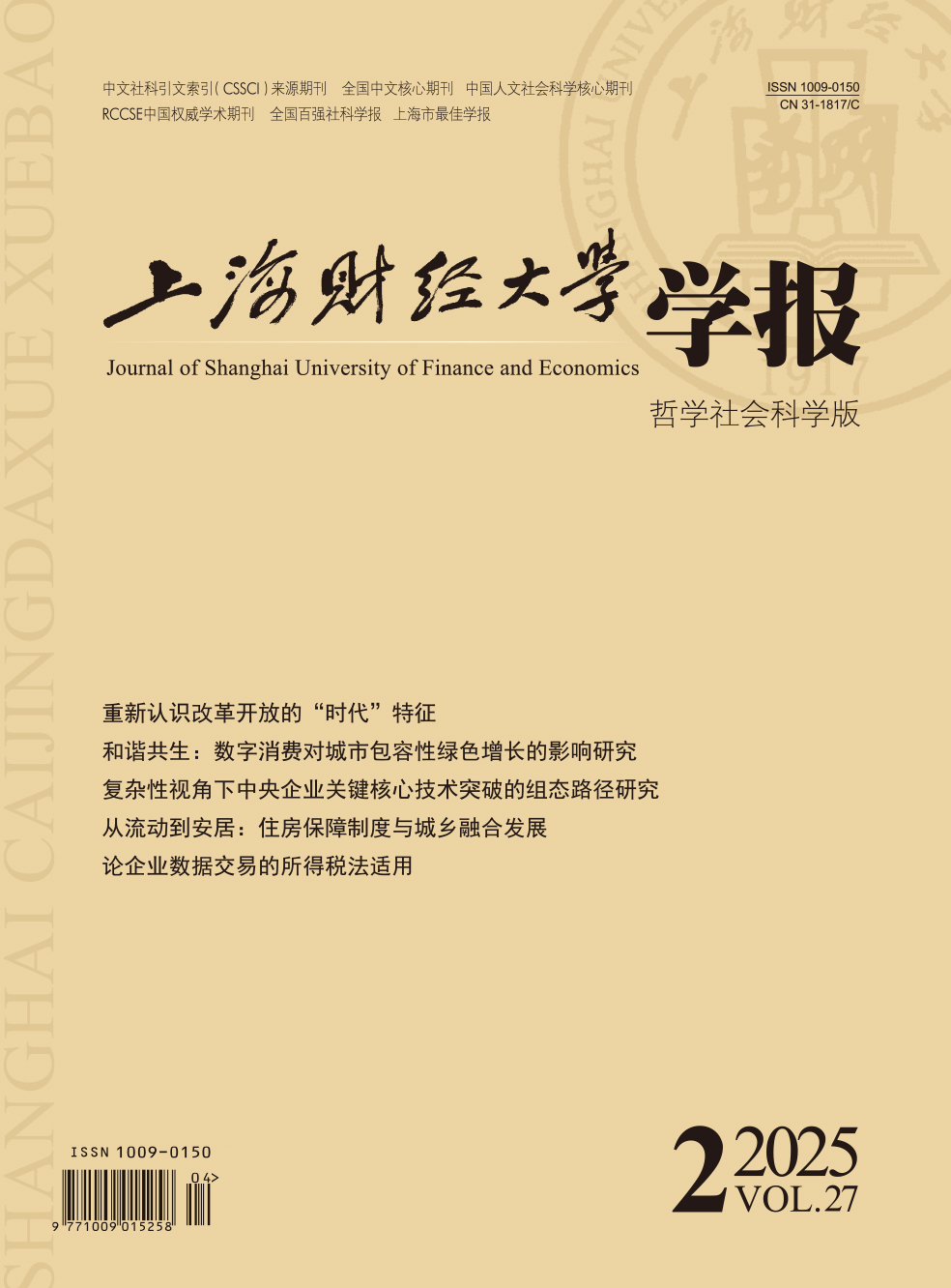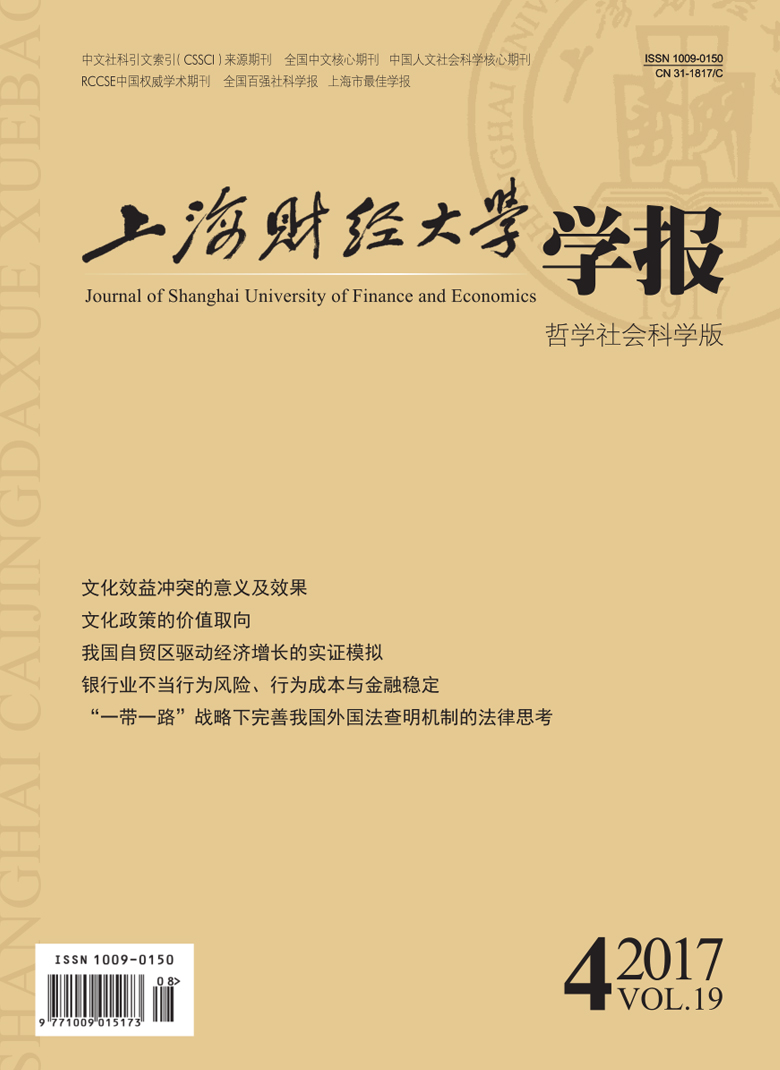The concept of " creative industries” put forward by the British Government of Labor Party at the end of 20th century has quickly replaced traditional concept of " cultural industries” and has become a policy term in many countries. And ensuing policy orientation has been transformed from traditional aesthetic value and social value into economic value and market value. This kind of policy evolution from state discourse to market thinking diminishes, covers up or even conceals the cultural significance in the economy, and hinders the investigation and attention to culture itself. All of the cultral issues cannot be explained by the economy and market, and cultural value is also difficult to be reduced to economic value. In China, the practice of cultural industries is far ahead of the construction of academic theories. This paper puts forward the concept of " cultural economy” based on the whole system view, opens up a communication opportunity with penetration, integration, opening-up and consensus, replaces power orientation and benefit orientation by value orientation, reflects future development directions in cultural policy, and shows the return of cultural value.
 / Journals / Journal of Shanghai University of Finance and Economics
/ Journals / Journal of Shanghai University of Finance and EconomicsJournal of Shanghai University of Finance and Economics
LiuYuanchun, Editor-in-Chief
ZhengChunrong, Vice Executive Editor-in-Chief
GuoChanglin YanJinqiang WangWenbin WuWenfang, Vice Editor-in-Chief
The Value Orientation of the Cultural Policy: From Cultural Industries through Creative Industries to Cultural Economy
Journal of Shanghai University of Finance and Economics Vol. 19, Issue 04, pp. 15 - 27 (2017) DOI:10.16538/j.cnki.jsufe.2017.04.002
Abstract
References
Abstract
Cite this article
Wen Yuan. The Value Orientation of the Cultural Policy: From Cultural Industries through Creative Industries to Cultural Economy[J]. Journal of Shanghai University of Finance and Economics, 2017, 19(4): 15–27.
Export Citations as:
For




 7295
7295  9439
9439

